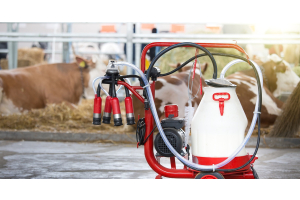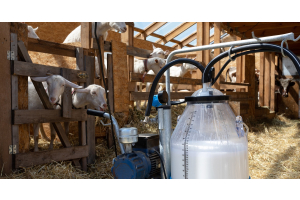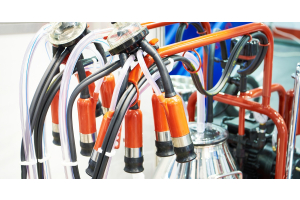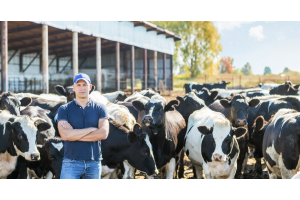How To Choose the Right Mobile Vacuum Pump Milker
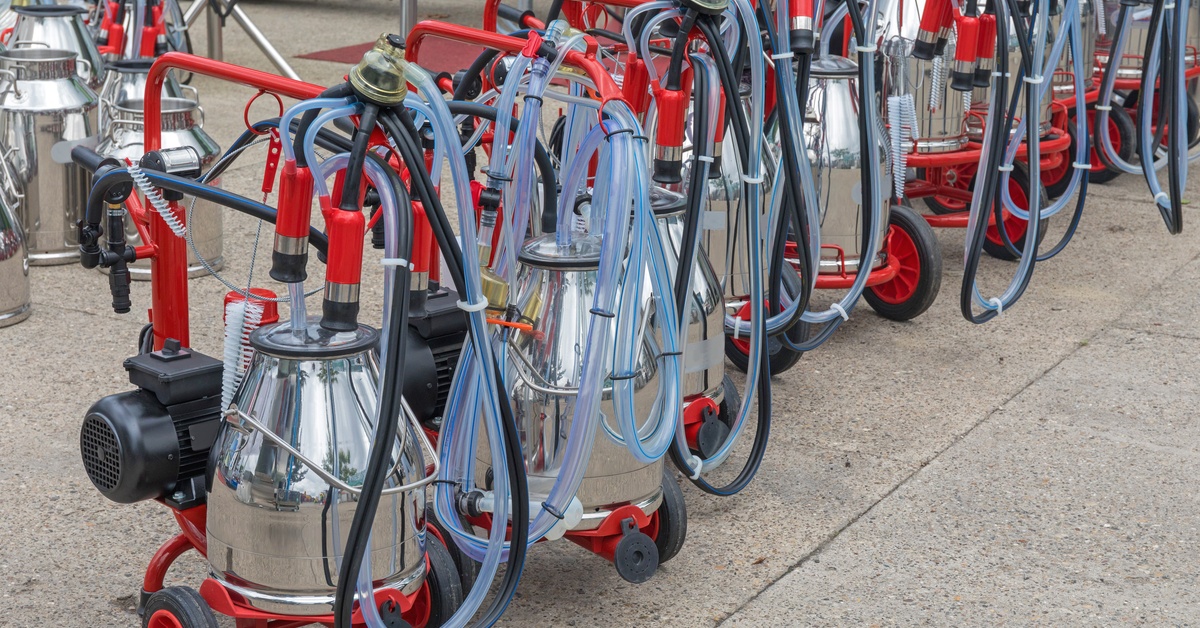
Choosing the right equipment for your dairy operation is a decision that significantly impacts productivity and animal welfare. Mobile vacuum pump milkers have become a staple in modern dairy farming due to their ability to streamline the milking process and provide flexibility for various farm setups.
However, with a broad range of options available, finding the right system to meet your specific needs can feel overwhelming. Use this guide to choose the right mobile vacuum pump milker that supports your farm’s operations and delivers reliable results.
What Mobile Vacuum Pump Milkers Are
Mobile vacuum pump milkers are a specialized type of milking equipment designed for efficiency and ease of use. Built with a vacuum system, these milkers extract milk gently and effectively from livestock, such as cows, goats, and sheep.
Their mobility allows farmers to bring the equipment directly to the livestock, rather than requiring animals to come to a fixed milking station. This is particularly useful in rotational grazing systems and farms with diverse layouts. By offering consistency in milking and saving time, these milkers contribute to enhancing overall productivity in dairy and cheese production facilities.
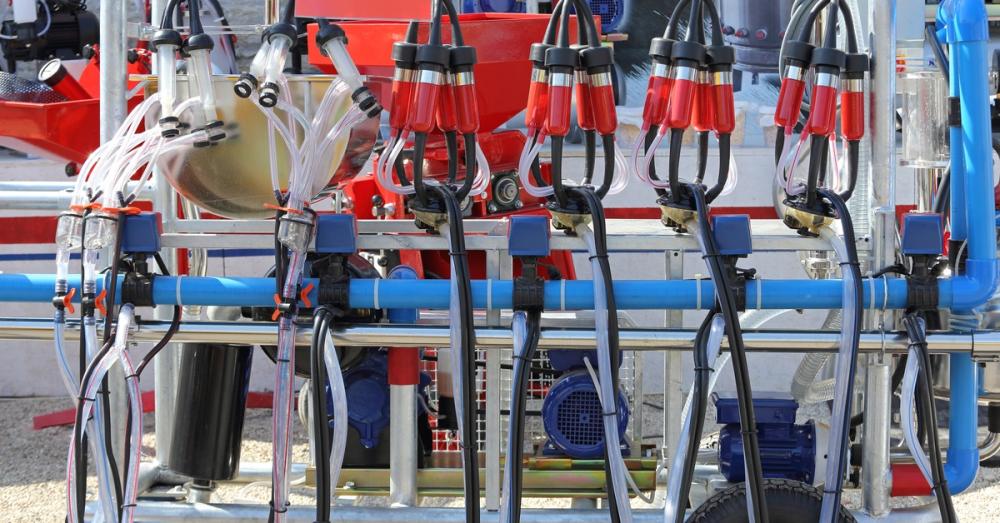
Assessing Your Farm’s Specific Needs
Evaluate your specific operational requirements to find a vacuum pump that supports them. Begin by considering the size of your herd. Larger herds may require systems with greater capacity or multiple units to ensure efficient milking within limited time frames.
Additionally, consider the layout and terrain of your property. Farms with uneven or sprawling landscapes may benefit from equipment with enhanced mobility features. Identify these factors to prioritize features that align with your workflow and ensure a smooth integration into your operation.
Types of Mobile Vacuum Pump Milkers
Mobile vacuum pump milkers are available in various configurations tailored to suit different farming needs. Single-unit systems are ideal for small-scale operations or homesteaders, as they focus on simplicity and portability. Multi-unit systems are better suited for larger herds, as they allow for the simultaneous milking of multiple animals.
Additionally, you may choose between gas and electric-powered pumps. Gas systems offer flexibility and reliability in areas with limited power access, while electric models provide speed and convenience, particularly in high-volume operations. Understanding these distinctions will help you select the most effective solution for your farm.
Vacuum Pump Capacity
The vacuum capacity of your mobile milker plays a pivotal role in its performance. The pump’s capacity determines how efficiently it extracts milk, especially when handling multiple animals in a single session. It’s essential to match the capacity of the pump to the size of your herd and your milking schedule.
A well-matched milk vacuum pump ensures a smooth and consistent process, safeguarding milk quality and improving overall efficiency on the farm. Conversely, insufficient capacity leads to slower milking times and increased stress for the livestock.
Portability and Maneuverability
Portability is a key factor to consider, especially for farms with rotational grazing systems or those requiring frequent relocation of equipment. The design of the wheels, the overall weight of the system, and the placement of the handle all contribute to ease of movement. Lightweight models with sturdy, large wheels tend to offer better maneuverability on uneven terrain.
Additionally, compact systems are beneficial for navigating tight spaces on smaller properties. Prioritizing equipment that is easy to move saves significant time and effort, allowing you to focus more on managing other aspects of your farm.
Power Source Options
Selecting the right power source is another critical consideration when choosing your mobile milker. Electric models are widely used for their convenience and are suitable for farms with reliable access to electricity. Gas-powered systems offer greater flexibility for remote areas, but they require regular refueling and maintenance.
Battery-operated options strike a balance between mobility and sustainability, particularly when combined with rechargeable solutions. Assessing your farm’s infrastructure and daily needs will help you determine which power source aligns with your operations and ensures uninterrupted performance during the milking process.
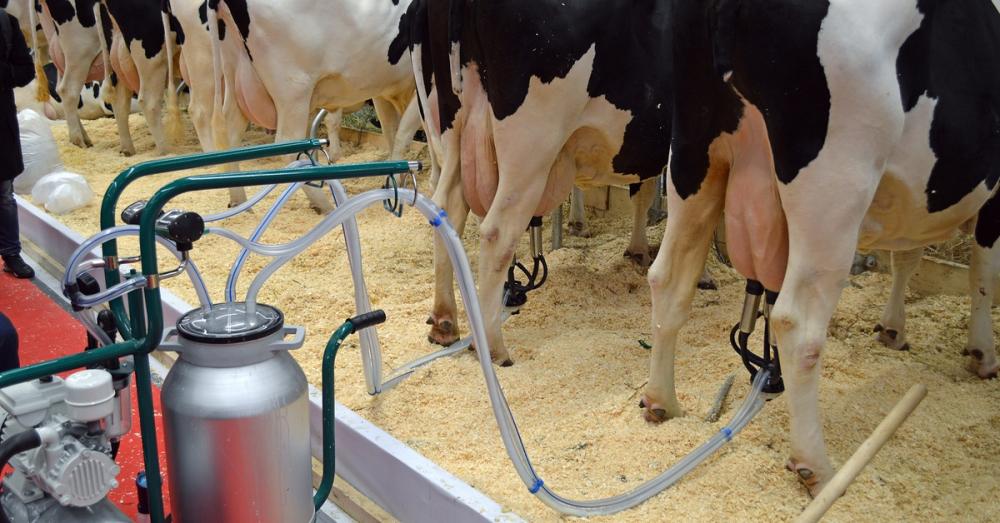
Durability and Build Quality
Investing in durable equipment ensures long-lasting performance and minimizes downtime due to repairs or replacements. When evaluating mobile vacuum pump milkers, examine the materials used in their construction. Stainless steel is popular for its resistance to corrosion and ease of cleaning.
Additionally, high-quality plastics and sturdy metal components contribute to the resilience of the product in daily use. Choosing a well-constructed system provides peace of mind and supports consistent productivity, even under demanding conditions on the farm.
Milking System Compatibility
Compatibility with milking accessories and livestock breeds is another important factor when choosing a mobile milker. Ensure that the system you select is suitable for the types of animals in your herd, whether they are cows, goats, or sheep.
Adjustable components, such as teat cups and liners, enable a proper fit for different breeds and sizes. This adaptability enhances milking efficiency and promotes the comfort and well-being of the animals, which is essential for maintaining a stress-free operation.
Noise Levels and Animal Comfort
Excessive noise during milking causes stress and discomfort for livestock, negatively affecting their milk production. When you want to choose the right mobile vacuum pump milker, prioritize quieter systems that operate smoothly and efficiently. Many newer models include noise-reduction technology to create a calm environment for animals and operators.
Budget Considerations
Balancing cost with essential features ensures that you get the best value for your investment. While it may be tempting to choose the least expensive option, consider the long-term benefits of higher-quality systems, such as reduced maintenance costs and improved performance.
Analyze your budget carefully, and prioritize key features that align with your operational goals. Make an informed decision to maximize the return on your investment and support the growth and sustainability of your dairy operation.
Manufacturer Support and Warranties
Reliable manufacturer support and comprehensive warranties provide an added layer of confidence when purchasing a mobile milker. Look for companies that offer responsive customer service and easy access to replacement parts.
A strong warranty policy saves you from unexpected expenses and downtime in the event of equipment issues. Establishing a partnership with a trusted manufacturer ensures that you have the guidance and resources needed to keep your milking operation running smoothly.
Choosing a mobile vacuum pump milker is a decision that requires careful consideration of your farm’s unique needs and operational goals. You can consult with the industry professionals at Parts Dept to gain additional insights and recommendations tailored to your situation.






